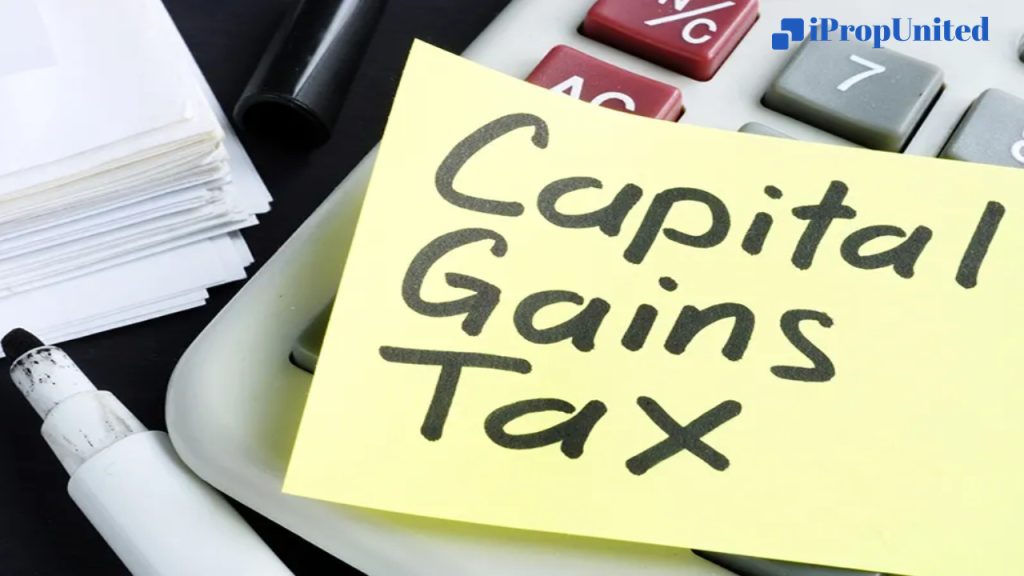If the holding period is less than 12 months, the income earned from the sale of equity shares is taxed under Section 111A of the Income Tax Act. This is referred to as the short-term capital gains tax on securities.

Securities subject to the short-term capital gains tax under Section 111A
The provisions of this section apply to the sale and purchase of the following:
- Equity shares
- Equity-oriented mutual fund units
- Sale of units of business trust
- Sales of equity shares, business trust units, or units of equity-oriented mutual funds via a reputable stock exchange housed in an international financial services hub where the funds are received in foreign currencies, even if Securities Transaction Tax (STT) is not applicable
Transfers that go through a recognized stock exchange are subject to Section 111A. Such transactions are subject to STT.
Which securities are not covered by Section 111A?
This section excludes the following:
- Gain on sale of shares not enlisted on recognized stock exchanges
- Profit on sale of shares that are not equity
- Profit on sale of debt-oriented mutual fund units
- Profit on sale of bonds, debentures, and government securities
- Gain on sales of non-equity assets
The tax rate under Section 111A
The tax on the income generated by the sale of equity shares is 15%, with the applicable cess.
STCG deductions under Sections 80C-80U
Individuals cannot claim deductions under Sections 80C to 80U if their gains are subject to Section 111A.
STCG adjustment against basic exemption limit
The option to set off short-term capital gains from the sale of equity shares against the shortfall in the basic exemption limit exists if the basic income is less than the basic exemption limit (Rs 2.5 lakh per year).
The exemption limit against the STCG covered by Section 111A may only be changed by a resident individual or HUF.
Here’s an illustration to help you understand:
Anurag Kumar, an Indian resident, and retired man, is 67 years old. He bought equity shares in SBI in March 2022 and sold them at the Bombay Stock Exchange in May 2022. STT was imposed. He had a taxable STCG of Rs. 120,000. He has no other sources of income besides the gain from the sale of shares.
His tax liability:
Basic exemption limit: Rs 3 lakh
In this instance, the STCG of Rs. 1.20 lakh is covered by Section 111A; as a result, only a resident is permitted to adjust such a gain against the exemption limit. In this instance, Kumar may offset the 1.20 lakh rupee STCG from the exemption amount. Therefore, he would have no tax liability for 2022–2023.
Follow and Connect with us: Twitter, Facebook, Linkedin, Instagram







